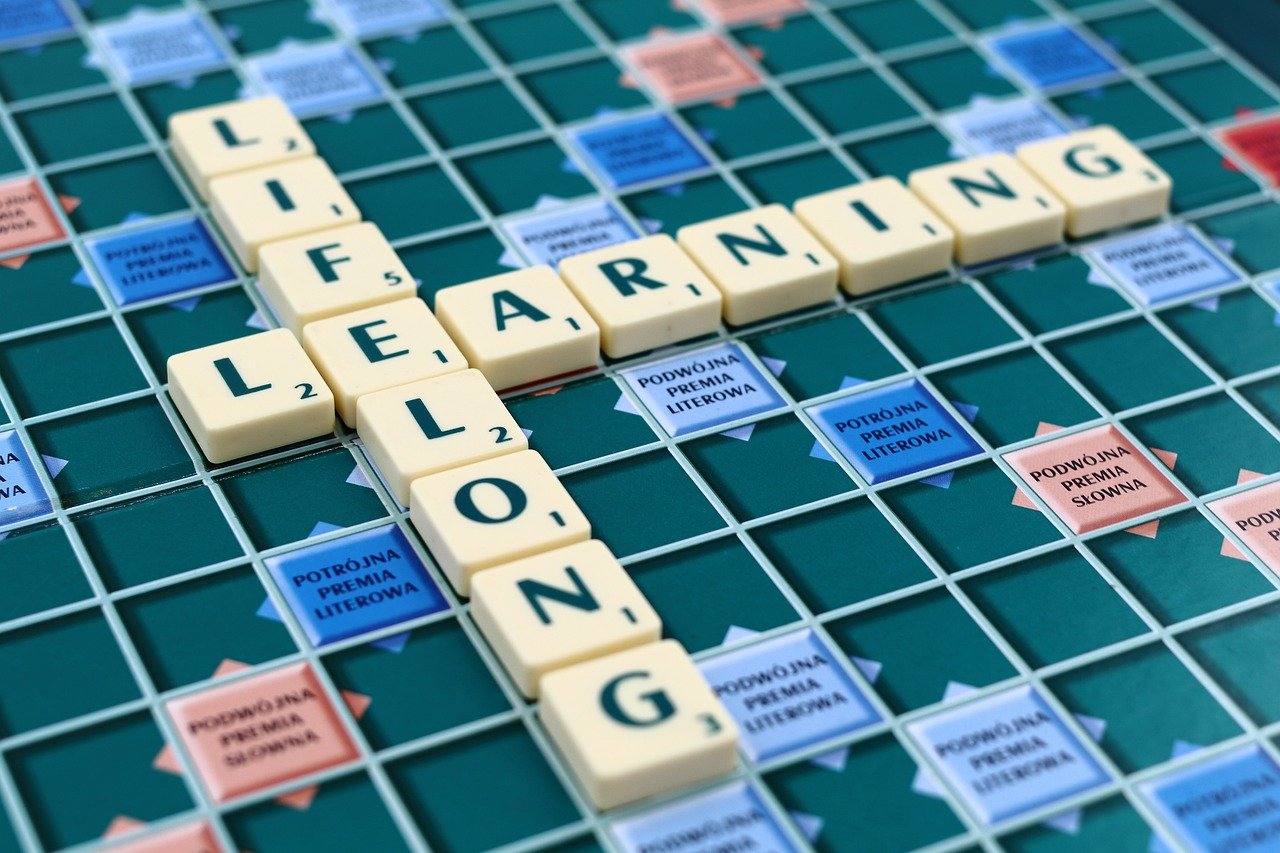By Tessa Greenspan (as told to Nanette Wiser)
During the COVID-19 siesta at home, I’ve been able to catch up on one of my favorite pastimes, learning something new and revisiting some older things that shaped my thinking and business/personal skills.
Every day, I engage in online classes, watching TED Talks and educational programs on You Tube (guided meditations), reading and working with a Webster University speech communications professor on my presentation skills. My mornings always start the same – meditation, reading special inspirations and writing 10 things in my gratitude journal I am grateful for.
In addition to feeding my mind, I take advantage of this time at home to take a yoga class on You Tube and Zoom a yoga class with my friend in Canada.
I have been a lifelong learner ALL My life. I’ve found that lifelong learning enhances our understanding of the world around us, provide us with more and better opportunities and improve our quality of life. When I ran Sappington Farmers Market, I researched and learned about accounting, marketing, best business practices, employee training, reducing food waste and creating a pilot recycling program, the importance of organic foods (way before it was trendy) and how to make cheese.
Whether it was learning a new business or personal skill at 16 or 60, it’s been my mantra to learn something new and improve myself and others. Here are my tips for becoming an effective lifelong learner.
Make A Learning Business Plan: Make a list of what you want to learn. Then make a list for each topic of resources (video, audio, print, classes) to guide you. Set a goal, whether it’s learning to juggle or getting your masters in creative writing.
Keep A Journal: Write in your journal daily? See something inspirational on social media? Write it down. Hear an author on The Today Show you want to read, like Brene Brown? Write it down. It’s a simple process and it keeps you focused and clear; when you lose your way, your journal can help guide you back to your true north. In the morning sit down with your journal in a quiet place. Take a few deep breaths. Start writing everything that comes to your mind. What you feel, why you think you feel this way, what you think you can do, what is and isn’t working in your life and what you are grateful for.
Study Lifelong Learners: Two of my favorite lifelong learners are Deepak Chopra and Napoleon Hill. I am listening daily to Chopra’s 21 Days of Abundant Living. Napoleon Hill lays out thirteen principles in Think and Grow Rich. These principles are tools to hone and improve your mental faculties, and to help you connect to Infinite Intelligence. Like The Secret, the power of the mind to create opportunity and law of attraction for success are key.
Trivial vs. Specialized Knowledge: In Think and Grow Rich, Hill differentiates specialized knowledge (knowledge organized and used for action) from general knowledge (knowledge that’s not organized and used for action, essentially just trivia). Specialized knowledge can help you to become wealthy, whereas general knowledge is useless. Principle 4 – Knowledge is a cautionary tale: “Contrary to popular thought, knowledge is not power. Knowledge attracts abundance when it is organized and intelligently directed through practical plans of action. An action plan built on knowledge is necessary, but not sufficient. You also need to have faith that your plan will produce the outcome you desire. That is done by drawing on the accumulated experience of those who have already accomplished the success you desire.”
Increase Your Emotional IQ: Street smarts, workshops, classes and mentors contribute to your personal and professional education. Learning to improve your emotional IQ and business is empathy, being able to recognize and understand other people’s feelings. Happy, successful optimistic people know that our success during good and bad times is our resilience and surfing the ups and downs of our emotional waves.
In a 2014 commencement address, Bill Gates told Stanford grads being able to put yourself in other people’s shoes is key. “If we have optimism, but we don’t have empathy,” he said, “then it doesn’t matter how much we master the secrets of science. We’re not really solving problems; we’re just working on puzzles.”
So how do you accomplish this skill? Listen and learn from the doers, the good people who make a difference in our world. You can read anything by Oprah Winfrey, Dr. Michael Mantell, Dr. Joseph Murphy and Neville Goddard; Beyond the Power of Your Subconcious Mind by Jane Jensen or Becoming by Michelle Obama.
Make Learning Personal: Maybe you just want to develop yourself more fully. What would excite you? Origami? Belly dancing? A new language? You may want to increase your knowledge or skills around a particular hobby or pastime that you enjoy. Or develop a new skill that enhances your life, like organic gardening or a car mechanic class. Perhaps you want to research a medical condition or your ancestry. Or want to understand the history of where you grew up. The sky’s the limit! And while you’re at it, why not learn something new with a friend or family member.
Tessa Greenspan is a motivational speaker, author and entrepreneur. She can be contacted at [email protected]. Her book, “From Outhouse to Penthouse: Life Lessons on Love, Laughter and Leadership,” is available on Amazon. Nanette Wiser is a multimedia journalist and media consultant.


